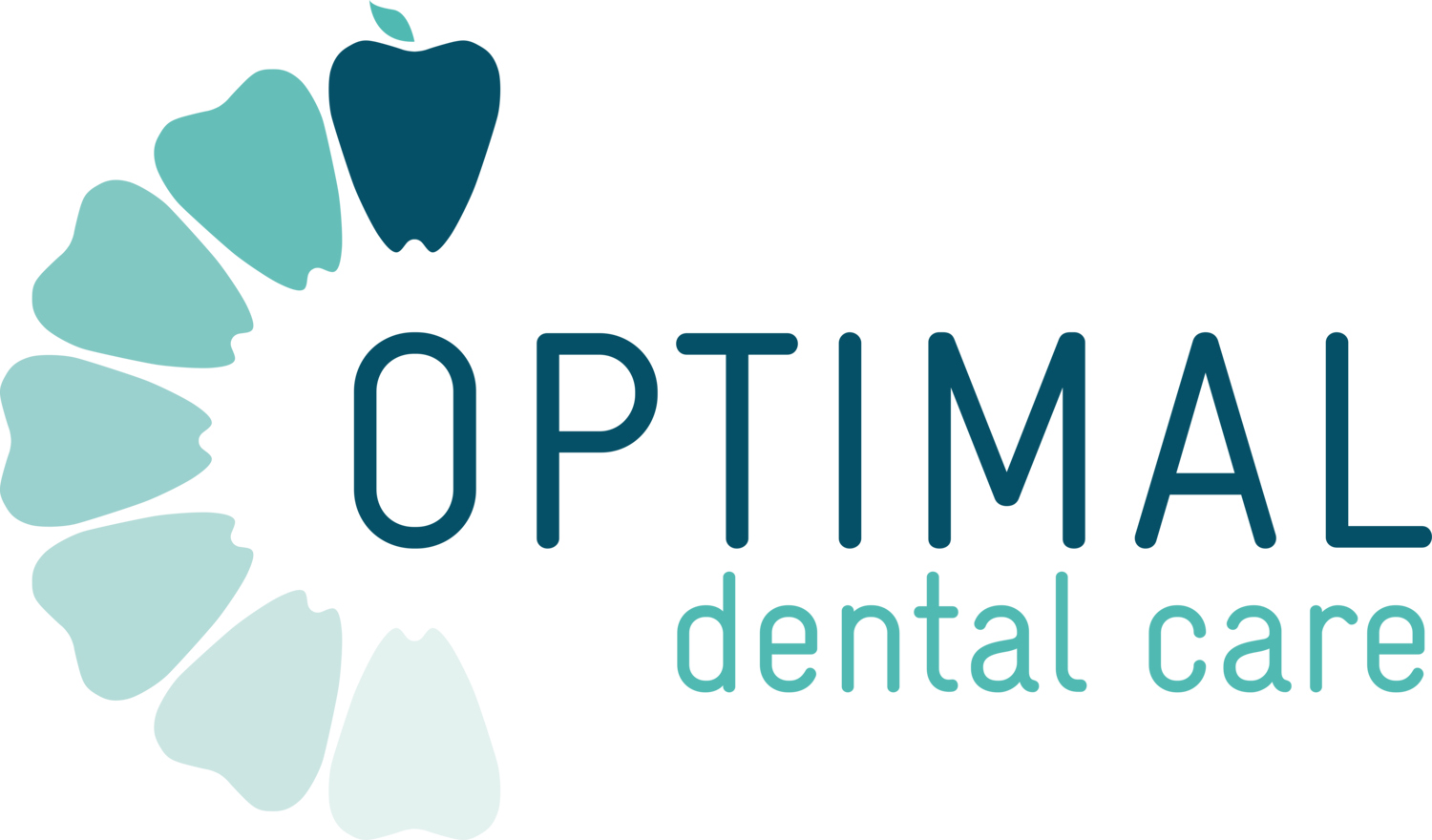Frequently Asked Questions About Tooth Extractions
Undergoing a tooth extraction can be an anxiety-inducing process, particularly if you’ve never experienced this type of procedure before. Fortunately, the team at Optimal Dental Care aims to make the process as stress and pain-free as possible. Our experienced Bondi Junction dentists are available to answer any question you have about the procedure and can explain exactly what to expect during and post-treatment.
Continue reading to learn a little more about the process of a tooth extraction through our frequently asked questions.
What is a tooth extraction?
A tooth extraction is a procedure in which a tooth is removed from your mouth. It is performed by a dentist who may or may not need to put you under general anaesthesia, depending on the location and level of complication involved in the procedure.
Why do I need a tooth extraction?
There are many reasons a dentist may recommend a tooth extraction. Common dental issues that can be solved via this procedure include:
● Gum disease
● A tooth infection
● Broken teeth
● Orthodontic problems — eg. overcrowding in the mouth.
Aside from these, one of the most common reasons an extraction is performed is due to wisdom teeth coming through. Your wisdom teeth are your back molars that typically come through during your late teens or early 20s. Not all wisdom teeth will need to be removed but some may cause other dental issues, including overcrowding, infection, pain, and bad breath.
A Bondi Junction dentist may decide to remove two of your wisdom teeth or all of them, depending on what issues they are causing.
Is tooth extraction painful?
Tooth extraction has a reputation for being a painful procedure but that’s not always the case. The underlying cause of extraction will influence the amount of pain you can expect to experience — if any.
For example, a gum infection may cause swelling and inflammation that is exacerbated by having the tooth removed. In the long run, undergoing an extraction will reduce pain, which is why a dentist performs this procedure.
Keep in mind that your dentist will use anaesthesia — either local or general, depending on the severity of the problem. The application of a numbing agent should reduce the amount of pain you experience.
What happens during an extraction?
Before the procedure is performed, Optimal Dental Care’s team will use the latest dental imagery technology to ascertain a clear idea of the problems you are experiencing. Performing an x-ray, CBCT scan, or OPG scan enables us to pick up problems that a clinical examination may not detect.
From here, we will discuss the extraction process with you, explaining which teeth are to be removed and what to expect from the procedure. An extraction generally involves applying a local anaesthetic to the mouth before a tool is used to loosen the tooth from the gum. The tooth can then be removed completely.
We understand that many of our patients have anxieties around this type of procedure. We will work with you to reduce your stress and can discuss different sedation options if required.
What should I expect after an extraction?
Once a tooth has been removed, the Bondi dentist will ensure the gum socket is clean and not at risk of developing an infection. You may experience some bleeding, in which case the dentist may ask you to keep gauze in your mouth.
It’s not uncommon to experience some pain once the anaesthesia wears off. Your dentist may prescribe pain relief medication to help manage this. You will likely also be told to avoid chewing on the affected side of your mouth while the wound is healing.
Within a few short days most patients are back to their normal behaviours and eating habits. However, if you experience any concerning symptoms — fever, excessive bleeding, or ongoing pain — you should contact your dentist immediately.
How can I prevent the need for a tooth extraction?
Practising good dental hygiene — brushing twice a day, flossing regularly, and visiting your dentist for regular checkups — will certainly help prevent infection and disease. However, in some situations, an extraction is unavoidable, particularly if it is required due to overcrowding in the mouth.
It’s natural to be concerned or stressed about a wisdom tooth extraction. The key to the procedure running smoothly is finding a dentist who will listen to your concerns and work to alleviate them by explaining exactly what to expect during and post procedure.
If you are located in the eastern suburbs of Sydney and have been searching for dental services near me, contact Optimal Dental Care today to book an appointment and discuss your dental concerns.
